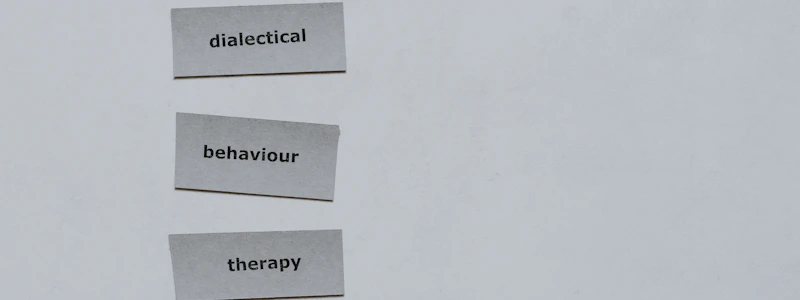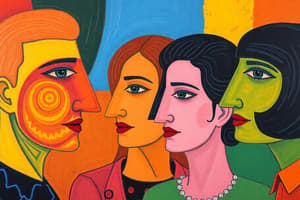Podcast
Questions and Answers
What are social schemas according to Fiske and Taylor (1991)?
What are social schemas according to Fiske and Taylor (1991)?
Social schemas are organizational structures that help us form impressions of other people, groups, and events.
How do stereotypes save cognitive effort?
How do stereotypes save cognitive effort?
Stereotypes save cognitive effort by allowing us to make quick responses using mental shortcuts.
What is an illusory correlation?
What is an illusory correlation?
An illusory correlation is an assumption that there is a relationship between two variables that does not actually exist.
Why do stereotypes make us generalize?
Why do stereotypes make us generalize?
According to Brewer (1988), what do stereotypes often develop towards?
According to Brewer (1988), what do stereotypes often develop towards?
Flashcards are hidden until you start studying
Study Notes
Social Schemas and Stereotypes
- Social schemas, as defined by Fiske and Taylor (1991), are mental frameworks that organize and process social information, including our knowledge, attitudes, and expectations about social groups.
- Stereotypes save cognitive effort by allowing us to quickly categorize and make judgments about people or groups based on limited information, rather than taking the time to gather more information or process individual differences.
Illusory Correlation and Generalization
- An illusory correlation occurs when people perceive a relationship between two things that doesn't actually exist, often due to cognitive biases or limited information.
- Stereotypes make us generalize by leading us to overestimate the degree to which a particular characteristic or behavior applies to an entire group, rather than recognizing individual differences.
Stereotype Development
- According to Brewer (1988), stereotypes often develop towards outgroups, which are groups that are perceived as being different from one's own social group, and are often used to justify or maintain social distinctions and boundaries.
Studying That Suits You
Use AI to generate personalized quizzes and flashcards to suit your learning preferences.




